Daniel Ellsberg, the US military analyst who leaked secret Pentagon documents about the Vietnam War in 1971, has died at the age of 92.
Ellsberg's family said he died at his home in Kensington, California, on June 16. He was diagnosed with inoperable pancreatic cancer in February.
Ellsberg was born on April 7, 1931, in Chicago, Illinois. In 1971, Ellsberg released the Pentagon Papers to the New York Times, the Washington Post, and 17 other newspapers in the United States, proving that the Lyndon Johnson administration secretly escalated the Vietnam War and lied about its actions to Congress . According to the documents, the Pentagon also lied to the American public about its ability to win the war in Vietnam.
Ellsberg leaked a series of classified documents in the hope of hastening the end of the Vietnam War. However, it made him the target of a smear campaign by the administration of President Richard Nixon, Johnson's successor. Henry Kissinger, then the president's national security adviser, called Ellsberg "the most dangerous man in America who must be stopped at all costs."
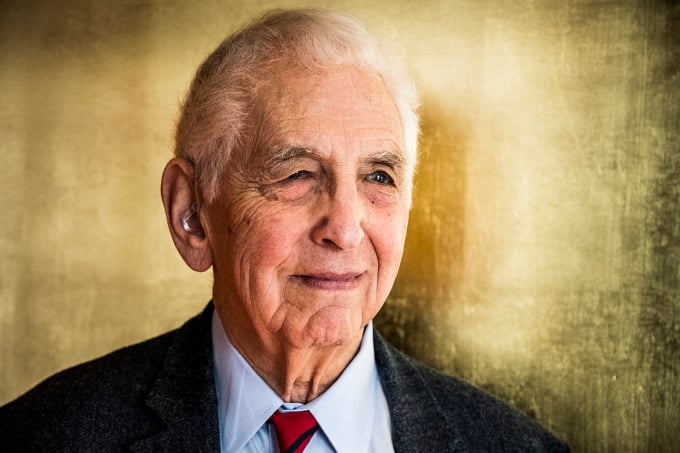
Mr. Daniel Ellsberg at an awards ceremony in Stockholm, Sweden in 2019. Photo: AFP
When he arrived in Saigon to work for the US State Department in the mid-1960s, Ellsberg had an impressive resume. He had three degrees from Harvard University, served in the Marine Corps, and worked at the Pentagon and the RAND Corporation, a US-based policy research organization.
He had been a hawk on Vietnam. But in his 2003 book , Secrets: A Vietnam Memoir and the Pentagon Papers , Ellsberg said that after just the first week of his two-year tour in Saigon, he realized the United States could not win.
At the behest of then-Defense Secretary Robert McNamara, Pentagon officials secretly assembled a 7,000-page dossier on America's involvement in Vietnam from 1945 to 1967. When the dossier was completed in 1969, two of the 15 copies were forwarded to the RAND Corporation, where Ellsberg had returned to work.
With a new perspective on war, Ellsberg joined peace rallies. He was inspired to copy the Pentagon Papers after hearing an anti-war protester say he would go to jail rather than join the army.
Ellsberg began smuggling classified documents out of the RAND office and copying them at night on a photocopier he rented. His 13-year-old son and 10-year-old daughter assisted him. Ellsberg took the documents with him when he moved to Boston to work at the Massachusetts Institute of Technology. A year and a half later, he turned them over to the New York Times.
The New York Times published the first part of the Pentagon Papers on June 13, 1971. President Richard Nixon's administration quickly asked a judge to issue an injunction to stop publication.
Ellsberg then passed the Pentagon Papers to the Washington Post and more than a dozen other newspapers. In the case of the New York Times suing the US government for publication ban, the Supreme Court ruled that the press had the right to publish the data. The New York Times then continued to publish the secret documents.
The files show that US officials concluded that victory in Vietnam was impossible. President Lyndon Johnson planned to expand the war, including bombing North Vietnam, despite saying during the 1964 campaign that he would not do so. The files also reveal secret US bombing of Cambodia and Laos, as well as higher than publicly reported casualty figures.
The New York Times did not say who provided the documents, but the FBI quickly found out. Ellsberg hid in the underground bunker for about two weeks, before turning himself in to authorities in Boston.
"I felt that as a responsible American citizen, I could no longer cooperate in concealing this information from the American public. I did this at great personal risk and accepted the consequences," Ellsberg said at the time, adding that he regretted not revealing the documents sooner.
Ellsberg and a RAND colleague were charged with espionage, theft, and conspiracy. But at trial in 1973, the case was dismissed on the grounds that the government had broken into Ellsberg's psychiatrist's office to find incriminating evidence.
Ellsberg later became an author and speaker, and was involved in advocacy efforts for government transparency and the prevention of nuclear proliferation.
In March 2006, Ellsberg visited Vietnam and was awarded the medal "For Peace and Friendship among Nations".
Huyen Le (According to Reuters )
Source link


![[Photo] Many streets in Hanoi were flooded due to the effects of storm Bualoi](https://vphoto.vietnam.vn/thumb/1200x675/vietnam/resource/IMAGE/2025/9/29/18b658aa0fa2495c927ade4bbe0096df)

![[Photo] General Secretary To Lam receives US Ambassador to Vietnam Marc Knapper](https://vphoto.vietnam.vn/thumb/1200x675/vietnam/resource/IMAGE/2025/9/29/c8fd0761aa184da7814aee57d87c49b3)
![[Photo] General Secretary To Lam chairs the meeting of the Central Steering Committee on preventing and combating corruption, waste and negativity](https://vphoto.vietnam.vn/thumb/1200x675/vietnam/resource/IMAGE/2025/9/29/fb2a8712315d4213a16322588c57b975)
![[Photo] National Assembly Chairman Tran Thanh Man chairs the 8th Conference of full-time National Assembly deputies](https://vphoto.vietnam.vn/thumb/1200x675/vietnam/resource/IMAGE/2025/9/29/2c21459bc38d44ffaacd679ab9a0477c)
![[Photo] General Secretary To Lam attends the ceremony to celebrate the 80th anniversary of the post and telecommunications sector and the 66th anniversary of the science and technology sector.](https://vphoto.vietnam.vn/thumb/1200x675/vietnam/resource/IMAGE/2025/9/29/8e86b39b8fe44121a2b14a031f4cef46)


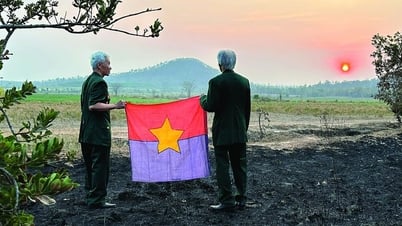

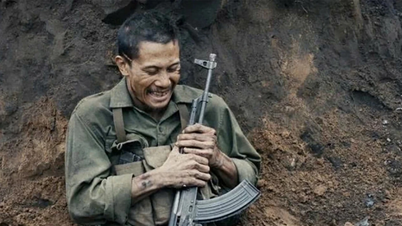

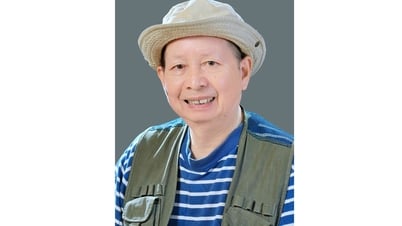

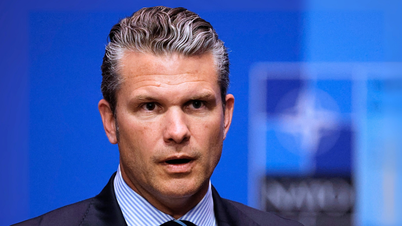
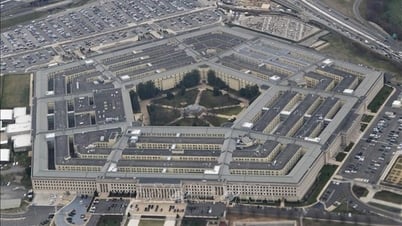





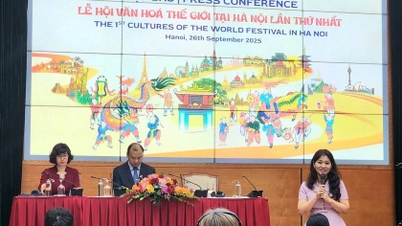
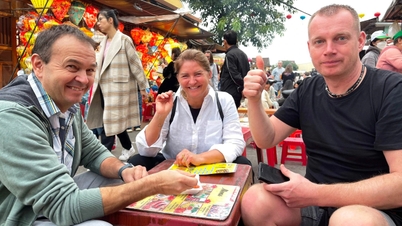


























































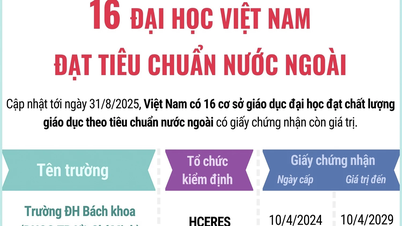



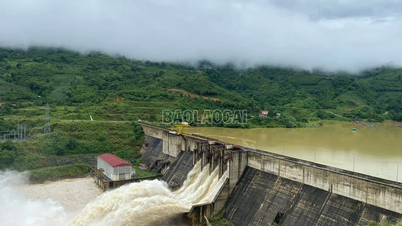
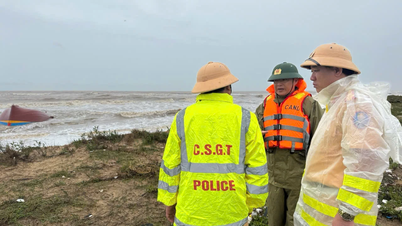

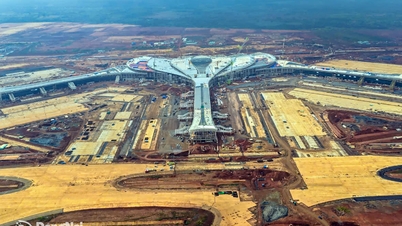














Comment (0)